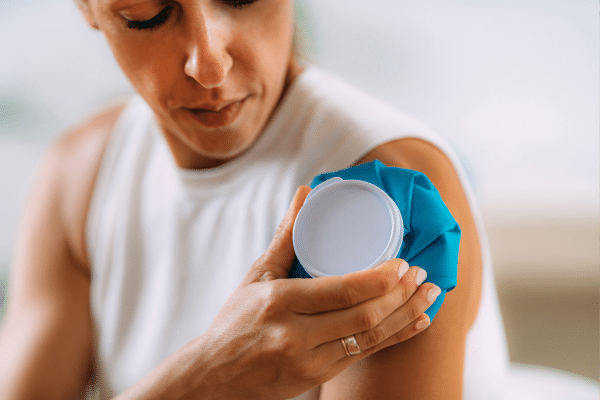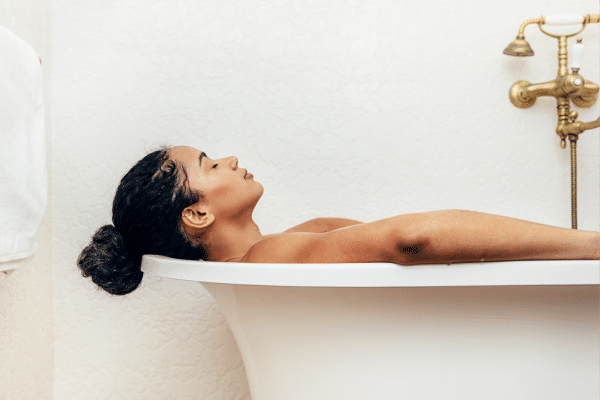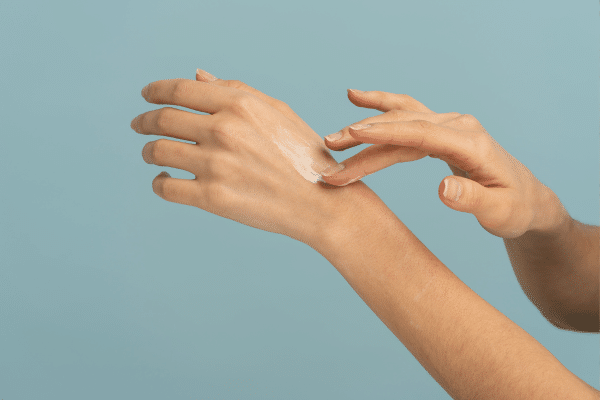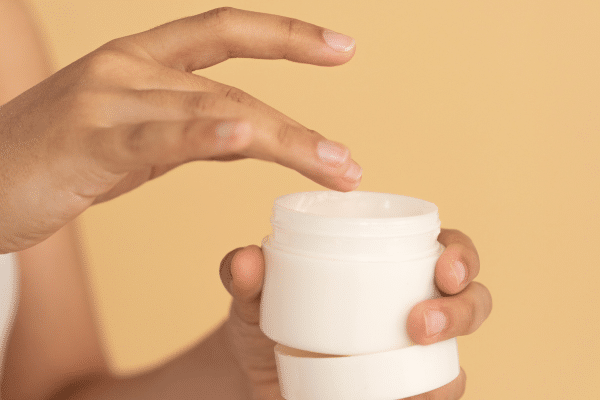Itchy and irritated skin is a widespread concern, affecting numerous individuals globally. Various factors, from environmental to personal health issues, can trigger this discomfort. Effectively managing and soothing such skin conditions is crucial, not just for physical comfort but also for overall well-being. This blog post delves into several tried-and-tested methods to alleviate itchy and irritated skin. By exploring these remedies, readers can discover practical and accessible solutions to tackle this common yet bothersome issue.
Contents
Apply Cold Pressure

Cold pressure acts as a simple yet effective remedy for itchy skin. The application of cold numbs the skin’s nerve endings, providing immediate relief from the itching sensation. This method is particularly beneficial for temporary itch relief, such as from insect bites or minor rashes. Using items like cold packs or wrapping ice in a cloth and gently applying it to the affected area can bring about quick and effective relief. It’s essential to ensure that the cold source is not applied directly to the skin to avoid frostbite or skin damage.
Adopting cold showers or baths can also be beneficial for itchy skin. This approach not only cools down the skin but also reduces inflammation, which is often associated with itching. While it might not offer a long-term solution, it’s an excellent way to provide temporary relief, especially in situations where itchiness is widespread on the body. It’s crucial, however, to keep the water cool rather than freezing, as extreme cold can exacerbate certain skin conditions.
Take An Oatmeal Bath

Oatmeal baths are a time-honored remedy for soothing irritated skin. The natural properties of oatmeal, particularly its anti-inflammatory and antioxidant components, help in reducing skin irritation and calming itchy sensations. This remedy is ideal for a range of conditions, including eczema, psoriasis, and general dryness-induced itchiness. For effective results, it’s recommended to use colloidal oatmeal, which is finely ground and easily dissolves in water, providing maximum contact with the skin.
Preparing an oatmeal bath at home is both simple and cost-effective. Start by grinding plain, unflavored oatmeal into a fine powder using a blender or food processor. Add the ground oatmeal to a bathtub filled with warm water and stir until it’s fully dissolved. Soaking in this bath for about 15-20 minutes can offer significant relief. It’s important to gently pat the skin dry afterward to avoid further irritation. Adding this routine to one’s skincare regimen can make a noticeable difference in managing itchy and irritated skin.
Use Moisturizers Regularly

Regular application of moisturizers is essential in managing itchy and irritated skin. Moisturizers work by trapping moisture in the skin, preventing dryness which often leads to itching. For sensitive skin, it is advisable to opt for fragrance-free, hypoallergenic products that minimize the risk of irritation. Additionally, applying moisturizer immediately after bathing helps lock in moisture, providing lasting benefits. It is important to choose a product with ingredients like hyaluronic acid or ceramides, which are known for their hydrating properties.
Incorporating moisturizing into a daily skincare routine can significantly improve skin health. For best results, moisturizers should be applied to slightly damp skin, enhancing their absorption and effectiveness. In winter months or dry climates, the frequency of moisturizing might need to be increased to combat the harsh environmental effects on the skin. For those with severe dryness or conditions like eczema, thicker ointments or creams might offer better relief compared to lighter lotions.
Adopt A Skin-Friendly Diet

A skin-friendly diet can influence the health and condition of the skin. Foods rich in omega-3 fatty acids, like fish and nuts, have anti-inflammatory properties that can soothe irritated skin. Hydration is also vital; drinking plenty of water helps maintain skin’s moisture balance, reducing dryness and itchiness. Incorporating fruits and vegetables high in antioxidants can protect the skin from damage and support healing. Avoiding excessive alcohol and caffeine, which can dehydrate the skin, is also beneficial.
Probiotics found in yogurt and fermented foods can improve gut health, which is closely linked to skin health. A balanced diet that includes a variety of nutrients supports overall well-being and can reflect positively on the skin. For individuals dealing with specific skin conditions like eczema, certain dietary adjustments might be recommended by healthcare professionals to help manage symptoms.
Use Over-the-Counter Remedies

Over-the-counter remedies can be effective in relieving itchy and irritated skin. Products like hydrocortisone creams offer temporary relief from itching by reducing inflammation. Antihistamines can also be helpful, especially for itchiness caused by allergic reactions. However, it’s important to use these products as directed and be mindful of potential side effects. For instance, prolonged use of steroid creams can thin the skin over time.
When using any over-the-counter remedy, it’s crucial to monitor the skin’s response. If symptoms persist or worsen, seeking medical advice is recommended. In many cases, over-the-counter products are a part of a broader treatment plan that includes lifestyle changes and home remedies. It’s also advisable to patch test any new product on a small area of skin before widespread use.
Practice Stress Reduction Techniques

Stress can exacerbate skin irritation and itchiness. The body’s response to stress includes the release of hormones that can trigger inflammation and worsen skin conditions. Incorporating stress reduction techniques like mindfulness, meditation, or yoga can help manage these responses. Regular exercise is another effective way to reduce stress and improve overall health, including skin condition.
Ensuring adequate sleep is also crucial for skin health. Sleep allows the body to repair and regenerate skin cells, reducing the likelihood of skin irritation. Creating a calming bedtime routine and maintaining a regular sleep schedule can improve sleep quality. For those who find stress a persistent issue, seeking professional help or joining support groups can provide additional strategies to manage stress effectively.
The Bottom Line
In conclusion, managing itchy and irritated skin requires a multifaceted approach. It involves not only topical treatments and skincare practices but also lifestyle and dietary adjustments. Each individual’s skin is unique, and what works for one person may not work for another. It’s essential to understand one’s skin, experiment with different remedies, and observe how the skin responds. For persistent or severe skin issues, consulting a dermatologist is recommended. With the right care and attention, itchy and irritated skin can be effectively managed, leading to improved comfort and quality of life.


